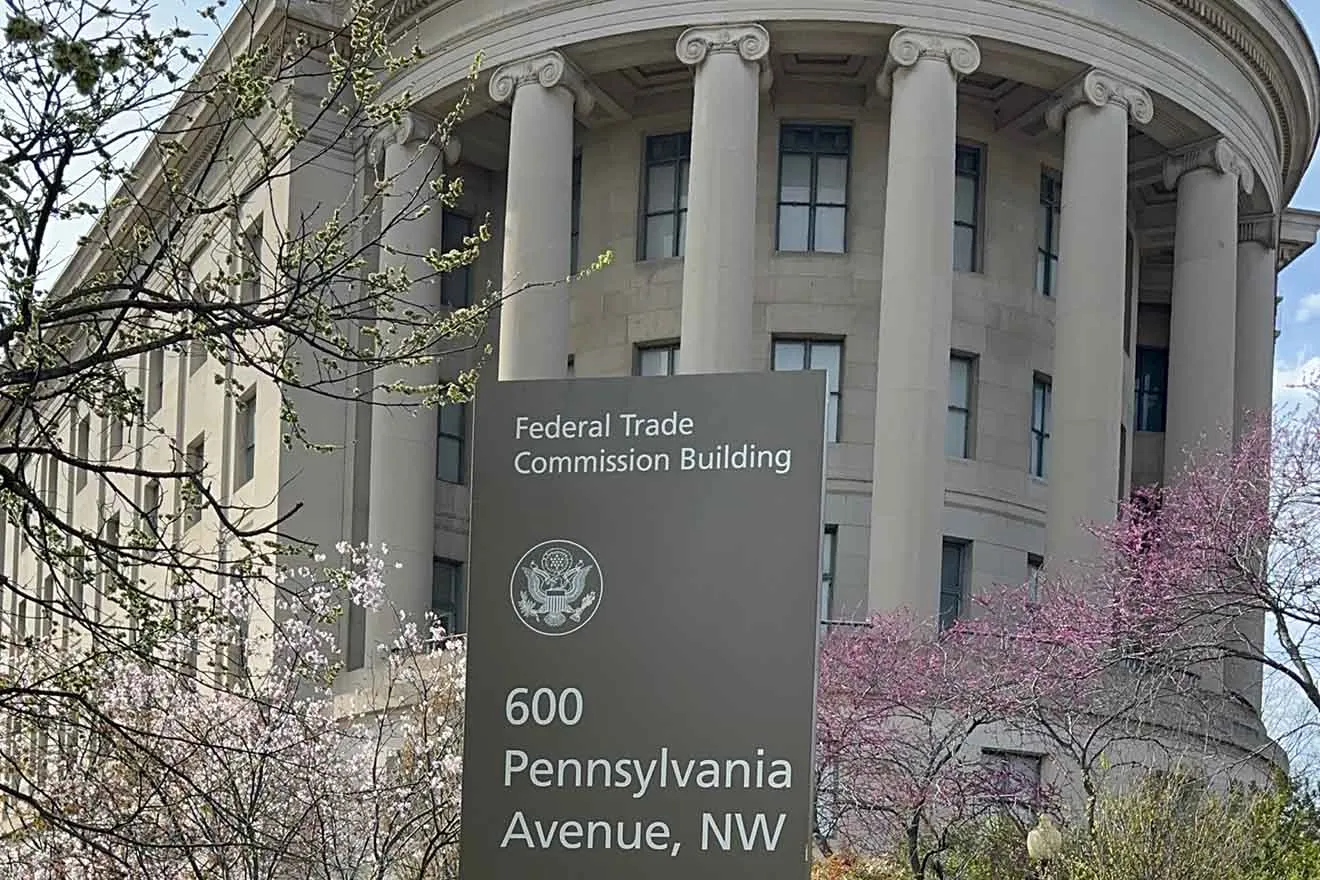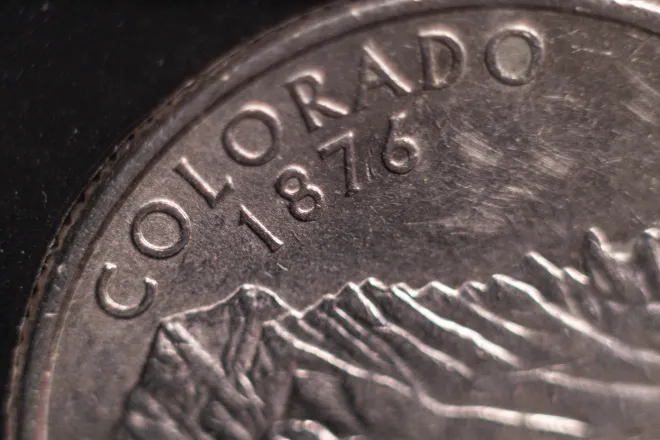
Colorado Senate passes bill to shorten waiting period for medical aid-in-dying
(Colorado Newsline) The Colorado Senate approved a bill Friday that would alter the state’s medical aid-in-dying law by shortening the required waiting period and allowing more medical professionals to prescribe the medication.
Supporters say the changes would improve access for people with terminal illnesses who choose to end their lives with medication.
“We all want to make sure that patients diagnosed with a terminal illness with less than six months to live in Colorado have this as an option if they choose to use it,” Gina Gentry, the Colorado campaign manager for the advocacy group Compassion & Choices, told Colorado Newsline shortly after the Senate voted. “It’s worth fighting for.”

© iStock - nick1803
Colorado voters legalized medical aid-in-dying, sometimes referred to as physician-assisted death, in 2016. Since then, over 1,000 patients have been prescribed aid-in-dying medication by over 200 doctors, according to data from the Colorado Department of Public Health and Environment. The majority had a cancer diagnosis, followed by progressive neurological diseases and cardiovascular disease.
“No one wants to have to ask for this medication. Believe me, nobody wants to take this medication,” bill sponsor Sen. Joann Ginal, a Fort Collins Democrat, said during its committee hearing in February. “It has not been abused. It is a safe and trusted law that empowers people to have an end-of-life choice.”
Senate Bill 24-68 would tweak the law by shortening the waiting period between a patient’s first and second request for the medication from 15 to seven days. That waiting period could be reduced further to 48 hours if a doctor determines the patient would not live for a week.
Statistics from Denver Health’s medical aid-in-dying program show that about 1 in 4 patients died from their illness during the current 15-day waiting period.
It is a safe and trusted law that empowers people to have an end-of-life choice.
– Sen. Joann Ginal
Lawmakers in committee heard emotional testimony from people whose family members chose medical aid-in-dying, allowing them to die surrounded by loved ones before their illness became unbearable. They also heard from people whose family members died, or seemed close to it, during the waiting period.
Dr. Cory Caroll of Fort Collins said he has written 19 prescriptions for aid-in-dying medication. Recently, that was for a patient with end-stage chronic obstructive pulmonary disease.
“He made his first request, I established he met the criteria, and on the 16th day he took the medication and died peacefully surrounded by his wife, his two adult children and their spouses,” he said. “But his wife shared that on three occasions during the waiting period, she thought he was going to die of suffocation. He was close.”
The bill would also allow advanced practice registered nurses to prescribe the medication, a change Gentry said would increase access especially for rural patients.
“It can be really hard for individuals to connect and build a rapport with physicians, and that’s why a lot of individuals in rural areas already have a connection with an advanced practice registered nurse,” Gentry said.
The bill was amended in committee to reinstate a Colorado residency requirement, as opponents worried about encouraging “death tourism” to the state. The waiting period was also adjusted during committee — as introduced, the bill would have shrunk the required waiting period to 48 hours.
It passed on a 24-11 vote in the Senate and now heads to the House, where it is sponsored by Rep. Kyle Brown, a Louisville Democrat.
Ten other states and Washington, D.C. also allow medical aid-in-dying, and most have the 15-day waiting period. Oregon and Vermont do not have residency requirements.
Colorado Newsline is part of States Newsroom, a nonprofit news network supported by grants and a coalition of donors as a 501c(3) public charity. Colorado Newsline maintains editorial independence. Contact Editor Quentin Young for questions: info@coloradonewsline.com. Follow Colorado Newsline on Facebook and Twitter.

















